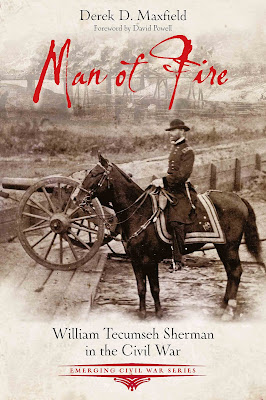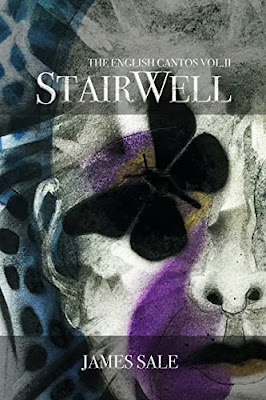Until now, about the only thing I associated with the famous minister Jonathan Edwards was the sermon often mentioned (and often reprinted) in American history books. The title and the substance of “Sinners in the Hands of an Angry God” gives an impression of a fiery sermon, with much shouting and a voice that was threatening and perhaps scary. The way it’s portrayed in history books certainly gives that impression.
Then I read Renewal: The Church That Expands Outward by Luke H. Davis, and I discovered how wrong my understanding was. Edwards didn’t give fiery sermons; he spoke in a monotone and low-key voice because he believed the content didn’t need dressing up with theatrics. He faced concerns from his own church leaders. And Edwards eventually became a missionary to Native Americans in Massachusetts and president of Princeton University.
So much for the stereotype.
Renewal is the fourth in Davis’s series on church history for young people. It focuses on the years 1600 to 1900, what Davis calls the Age of Expansion. The chapters are generally organized around people; Davis writes an engaging story based on fact about each and then follows with a short factual paragraph. He also inserts “Fact File” chapters, where he provides more in-depth background on events, movements, and periods of church history.
 |
| Luke H. Davis |
The people covered include Edwards, John Bunyan. George Whitefield, William Wilberforce, Charles Spurgeon, Sojourner Truth. Hudson Taylor, Dwight Moody and several others. The structure is similar for each; I found myself particularly taken with the fictional stories based on real events.
Davis teaches at Westminster Christian Academy in St. Louis and chairs the Bible Department there. He’s also taught at schools in Louisiana, Florida, and Virginia. He describes himself as “Presbyterian body, Lutheran heart, Anglican blood, Orthodox spirit,” all of which have served him well in writing the Cameron Ballack mysteries. He has published three Ballack mysteries, Litany of Secrets (2013), The Broken Cross (2015), and A Shattered Peace (2017), and the first book of a new series, Joel: The Merivalkan Chronicles Book 1 (2017). He blogs at For Grace and Kingdom.
Renewal, like its predecessors, is aimed at young readers (roughly 10-14) but, as in my own case, even adults who think they know a lot can discovered they know – well, less that they thought. It’s an engaging way to teach church history and whet the interest for more.
Last Week: Reform: The Church at the Birth of Protestantism by Luke H. Davis.
Related:
My review of Redemption: The Church in Ancient Times.
My review of Reign: The Church in the Middle Ages.
Reading a Novel that Stars Your Hometown.
My review of Litany of Secrets.
My review of The Broken Cross.
My review of A Shattered Peace.
My review of Tough Issues, True Hope by Luke Davis.



















